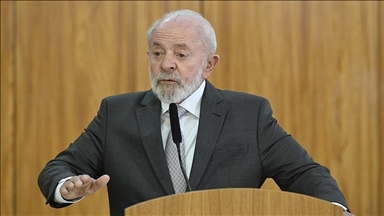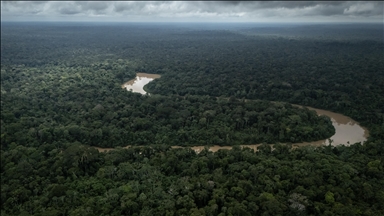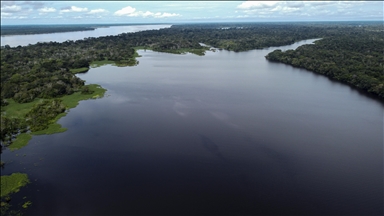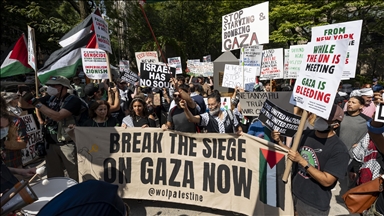Push for illegal mining threatening Indigenous community in Brazil: Report
Greenpeace Brazil says 120-kilometer road could increase illegal mining by 10-15 times in Amazon
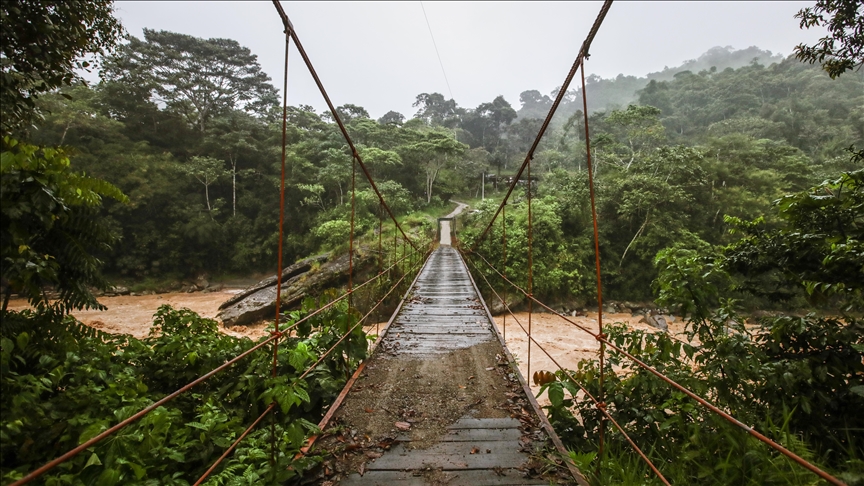
BUENOS AIRES
Greenpeace Brazil warned in a report published Monday that a 120-kilometer (75-mile) “clandestine road” built by illegal miners in Brazil's indigenous Yanomami territory is set to increase illegal mining activity close to a community living in voluntary isolation in the Amazon region.
The non-governmental organization (NGO) said illegal prospectors are pushing deep into the rainforest in a bid to exploit the area, bringing with them heavy machinery such as hydraulic excavators, which has the potential to increase mining between 10 to 15 times in the region.
The report described the Yanomami territory as "one of the most attacked indigenous areas in Brazil," with the clandestine road leading less than 15 kilometers (9.3 miles) past the Moxihatëtëa people, who live in voluntary isolation in the territory.
Greenpeace Brazil said today, "the biggest threat to the Moxihatëtëma is their proximity to illegal mining."
The Yanomami people first discovered the clandestine road in early November, and last week, a flight by Greenpeace Brazil confirmed the presence of four hydraulic excavators on the road.
Satellite monitoring systems first detected the clandestine road In August this year.
In the past, many illegal miners in the area depended on planes, given the difficulties accessing the region, according to the NGO.
It said the presence of heavy machinery in the area will increase the exploitation of minerals such as gold and cassiterite and environmental crime, experiences other communities such as the Munduruku and Kayapó peoples have gone through in the last decade in Para state.
Danicley de Aguiar, the Greenpeace environmentalist leading the reconnaissance mission, said it is "fundamental" to expel the prospectors and to transition the region's destructive economic model to one "capable of coexisting with the forest."
Historically, indigenous peoples in the Amazon have suffered violence, abuse and illness as a result of the illegal mining drive.
Many environmentalists and defenders of Indigenous peoples and their territorial rights have criticized outgoing President Jair Bolsonaro's policies, insisting he has rolled back environmental protection in the Amazon, causing ecological destruction.
In November, Brazil's President-elect Luiz Inacio Lula da Silva vowed to protect the Amazon rainforest while speaking at the UN climate change conference COP27 in Egypt.
Lula, who will assume the presidency on Jan. 1, also pledged to strengthen the country's inspection bodies and monitoring systems, clamp down on environmental crimes and illegal activities and set up a ministry for Indigenous peoples.



